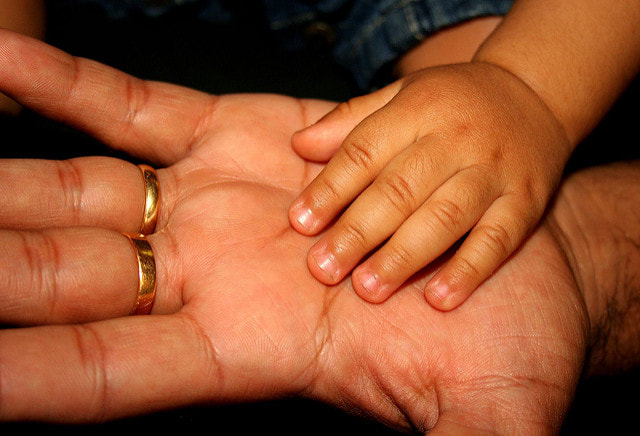A big part of building trust with ourselves is being willing to listen. The choices we make based on that information is the next step. Mind you, I am certainly not promoting perfection or idealism here. It is completely important to have flexibility and fluidity, especially with diet and lifestyle. In fact, the rigid voice inside that allows for zero wiggle room, may not be the voice to ultimately listen to or take at face value.
The perfectionist inside is not the boss, she is just highlighting how we’ve tried to manage our fear and vulnerability. Conscious wellness is not about living and eating perfectly. It is about knowing yourself and honoring that relationship.Going out to dinner and having some wine with friends might be totally worth it for the positive benefits of social time and fun and laughter. It might be completely appropriate to do this and take the cost that a few drinks might do to our health to have the benefit of a good time. But maybe this isn’t the rule because there might be a day where physically you are already stressed, say from too little sleep or not enough nutrients, or exposure to illnesses or other stressors. In that case, the cost might not be worth the drinks. So you see, we are not static either and it is always worth it to take account of the context of things, rather than make decisions or “rules” in a vacuum and call that health. Building trust with ourselves is an ongoing dynamic willingness to relate to ourselves.It is the opportunity to master ourselves in relationship to whatever task the world offers us, from the very small choices to the very big challenges. Who we are is a fluid, breathing organism, affecting and being effected by the environment in which we live. We are not meant to master each task with perfection like some outdated achievement model. We are meant to discover who we are, and to continue exploring the depths of our Being, so that we can ultimately be living in a harmonious way. Through listening inwardly, we build trust in who we are and choose ever more subtly this deeper alignment. Conscious Wellness isn’t about having perfect bodies, or even perfect health. It is about really and truly being yourself, at the deepest level you can and being willing to continue on, as Rumi says, “to flow down and down into ever widening rings of being.”
0 Comments
The developmental psychologist, Erik Erikson, identified eight psychosocial stages for ego development.The first stage he titled Trust versus Mistrust. In this first stage, Erikson theorized we are under an essential crisis, which is the question, “is the world safe or not safe?” Depending on the consistent loving care of our parent or provider during infancy, we develop a sense of trust in the world to meet our needs or not. This sense of trust or mistrust, carries over into all relationships. Including, we can assume, one’s relationship with herself.If we complete this stage with a sense of trust, then we also complete this stage with hope, or confidence, that future crises or challenges will be managed successfully.If we complete this stage with mistrust, that is, if our needs were not lovingly met in a consistent way, than instead of hope lies anxiety, or fear, and a lack of confidence in addressing the inevitable obstacles of future reality. To read more about Erikson and his psychosocial stages click here.
Let’s take this premise and apply it to the essence of Conscious Wellness. Let’s also hypothesize that most people have a mixed experience of trust and mistrust, that it isn’t so black or white as Erikson describes it in his stages. Let’s assume that one could complete the stage with trust and mistrust, and that this stage may never actually be complete, but continues to evolve within us as we move through each relationship and experience that life has to offer. The one person that we will always be in relationship with our whole lives is our own self.What does it mean to be in relationship to our own self? How is that even possible? Well, let’s consider for a moment the different levels of communication that we can participate in. The first thing you may think of when I say communication is talking and then you might think that it is ridiculous the notion of talking to yourself. Unless you’re me, and I talk to myself all the time. Modern psychology identifies that the majority of our thinking on a daily basis is negative self talk. So maybe we are not talking to ourselves out loud, but there sure seems to be a lot of chatter in our minds and many of us are not even aware of the constant self talk that is going on and guiding the way we feel and how we make choices everyday. If you are interested in discovering what your self-talk might be I suggest sitting quietly, with no distractions, and writing in a journal. Without censoring yourself or worrying about correct spelling or grammar, just let yourself write the flow of thoughts onto the page and observe what comes up. Additionally, noticing what you are thinking about others can also be an indicator about how we talk to ourselves internally as well. |
Archives
July 2018
Categories
All
|



 RSS Feed
RSS Feed